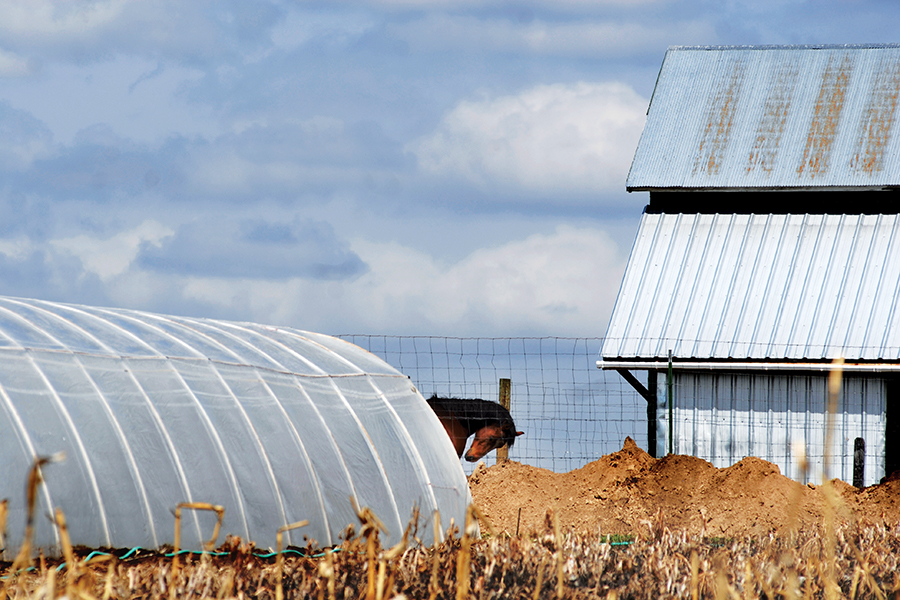In less than six months, state lawmakers from all over Montana will head to Helena for the 64th session of the Legislature. Despite being half a year away, statewide agriculture groups are already preparing to address issues affecting Montana farmers and ranchers.
The Montana Farm Bureau Federation (MFBF) recently held its summer conference in Kalispell, where representatives of the 21,000 members statewide heard presentations on current issues in agriculture, ranching, water rights, state land programs and more.
After learning about these issues, the members got together to develop the MFBF policy heading into 2015, according to MFBF president Bob Hanson.
Now several weeks after the conference, John Youngberg, the vice president for governmental affairs at MFBF, said the bureau will keep its eye on three main, broad issues.
First, the bureau intends to watch any bills proposed on property rights, he said, because many MFBF members have acres and acres of private property to look out for.
Second on the list is the perennial issue of taxes.
“I think the proposal to change the time of (property) reappraisal will come up again – whether we stay with the six-year cycle, if it’s phased in, or a shorter cycle – and how that’s done,” Youngberg said.
The Montana Department of Revenue recently completed a new statewide reappraisal of residential property for tax purposes, which it does every six years, and the 2015 Legislature is expected to work on mitigating any increases to median residential prices.
Another issue the MFBF will watch in the coming session is water, whether it’s water rights with the Department of Natural Resources and Conservation’s proposed state water plan or with the not-so-certain future of the water compact with the Confederated Salish and Kootenai Tribes.
Otherwise, Youngberg said, the MFBF is going to continue to monitor issues brought forth by lawmakers. “I don’t see anything else looming large on the horizon right now,” he said.
The state legislative services division reports only three bills dealing with agriculture issues filed as of June 23. Those bills address livestock special deputy laws, farm-to-school programs, and establishing a loss-of-compensation fund for brucellosis-quarantined herds in Montana.
On the animal side of agriculture, the Montana Stockgrowers Association is also taking a broad approach to the upcoming session, according to Jay Bodner, the association’s natural resources director.
Water rights are at the top of the list, Bodner said.
“There are some specific issues with water rights that we’re going to be following pretty closely,” he said. This includes the proposed state water plan, and there were multiple association members involved in crafting it, he said.
With about 2,500 members statewide, the stockgrowers association works in tandem with other agriculture organizations, such as the MFBF, Bodner said, but there are issues specific to raising stock as well. For instance, there will likely be several bills dealing with bison, he said, but it isn’t yet clear what those bills will address.
Since the 2013 session, there has been emphasis on drafting a bison conservation plan, he said, and what goes into that will be of great importance to the stockgrowers.
“Bison is still an issue of concern, I think there’s uncertainly about whether the issue will be dealt with through legislation or policy changes,” Bodner said.
The association typically follows 200 bills per legislative session, and gets actively involved in about half of those.
Last session, state lawmakers reduced business equipment taxes, Bodner said, and the association will be interested in any other taxation bills.
“If there’s an opportunity to lower taxes, that’s something we’d be in favor of,” he said.
Both Bodner and Youngberg said their organizations will be active in the 2015 session to involve the agriculture community in proceedings and to remind lawmakers about some of Montana’s largest and oldest industries.
“It’s important to be ensured that agriculture has a voice,” Bodner said. The 2015 Legislature begins Jan. 5.
